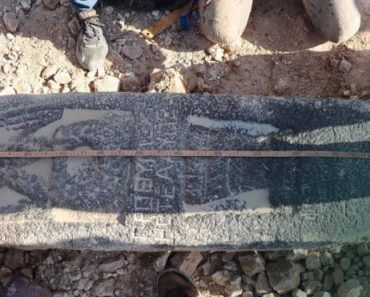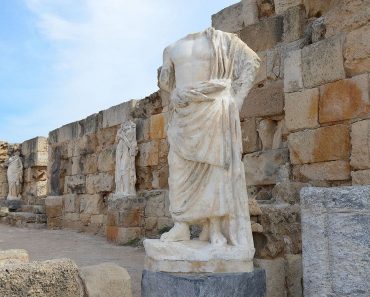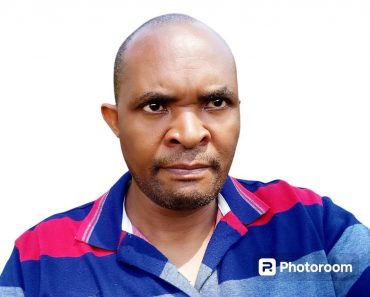Rising Greek filmmaker Evi Kalogiropoulou brings her long-awaited feature debut, “Gorgonà,” to the Venice Film Festival this week, where the movie — a genre-defying female-empowerment story set in a dystopian, male-dominated future — has its world premiere in Critics’ Week.
The film, which was awarded at the Rotterdam Film Festival’s CineMart and the Cannes Cinefondation’s Atelier while in development, follows on the heels of the director’s buzzy short films “Motorway 65,” which played in competition in Cannes in 2021, and “On Xerxes’ Throne,” a Cannes Critics’ Week prizewinner one year later.
Written by Kalogiropoulou and Louise Groult, it’s produced by Amanda Livanou for Greece’s Neda Film, in co-production with Bertrand Gore and Nathalie Mesuret at Blue Monday Productions, Alexandre Perrier and François-Pierre Clavel at Kidam, Fenia Cossovitsa for Blonde, Onassis Culture, ERT and Authorwave. Playtime is handling world sales.
“Gorgonà” takes place in a small, impoverished city-state dominated by the monstrous refinery that provides it with oil, a resource that allows its inhabitants to cling to survival as the rest of the world — as seen through a series of foreboding newscasts — wrestles with civil unrest and environmental collapse.
The city-state is ruled by a gun-toting, hyper-masculine army whose volatile leader, Nikos (Christos Loulis), facing a terminal illness, must arrange for his succession. The competition to succeed him grows fraught when he includes his protégé, Maria, played by “Assassin’s Creed” actor Melissanthi Mahut, among the contenders. But her fate will change with the sudden arrival of Eleni (Aurora Marion), a sultry singer who performs at the town’s bar.
What follows is a genre-bending, gender-fluid mash-up that is part queer romance, part revenge fantasy, inspired by the kung-fu, Western and Blaxploitation films Kalogiropoulou thrilled to as a child.
It was in those movies that the filmmaker — who is also an accomplished painter and visual artist — says she struggled to locate herself growing up.
“The director was always a man. And you could see the stereotypes around this,” she tells Variety. “I was thinking how we could do [the same thing] from a female perspective.” Kalogiropoulou describes “Gorgonà” as the “fulfillment of that fantasy” and a “love letter” to the movies that inspired her.
The film was shot in Eleusina, a polluted industrial town on the outskirts of Athens whose oil refineries offer a grim, post-apocalyptic setting for the director’s dystopian universe. The city also holds significance as the ancient host of the Eleusinian Mysteries, little-understood pagan rites centered on the myth of Persephone’s abduction by the king of the underworld, Hades, and her mother Demeter’s quest to find her.
Those mysteries — a celebration of female strength — offered a springboard for Kalogiropoulou’s exploration of “patriarchy and environmental destruction,” she says, prompting her to envision a bleak future in which masculinity is quite literally toxic.
In “Gorgonà,” the director draws from ancient Greek mythology — “the starting point of Western narrative,” as she puts it — as freely as she subverts it, remixing myths and modern influences to create something “totally different.” The title is a reference to the monstrous, winged gorgons, the most famous of whom, Medusa, Kalogiropoulou describes as “the ultimate figure of female rage and transformation.”
Imbuing her interpretation of that figure with comic-book superpowers, the director finds the perfect vehicle to tell a story that’s part genre hybrid, part female-empowerment action-thriller. More than just a post-apocalyptic shoot-’em-up — Greece’s answer to “Fury Road” — “Gorgonà” is also a film about love and femininity, in which the love of another woman has the capacity to unlock superpowers. Even, perhaps, to change the world.
“Through love, I can find something else that I haven’t explored before,” Kalogiropoulou says. “Of course, [there’s] attraction. But it’s also a power [discovered] through the other person. It’s also about a love of [yourself].”







